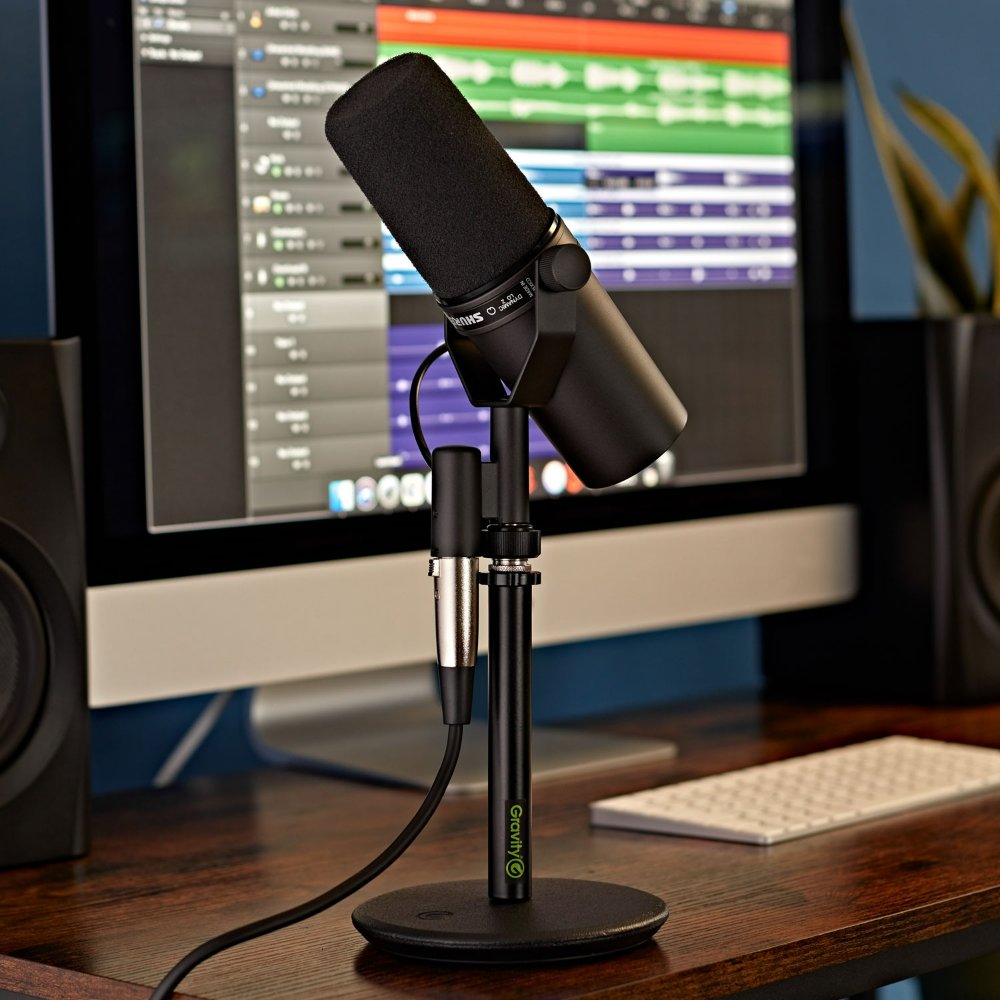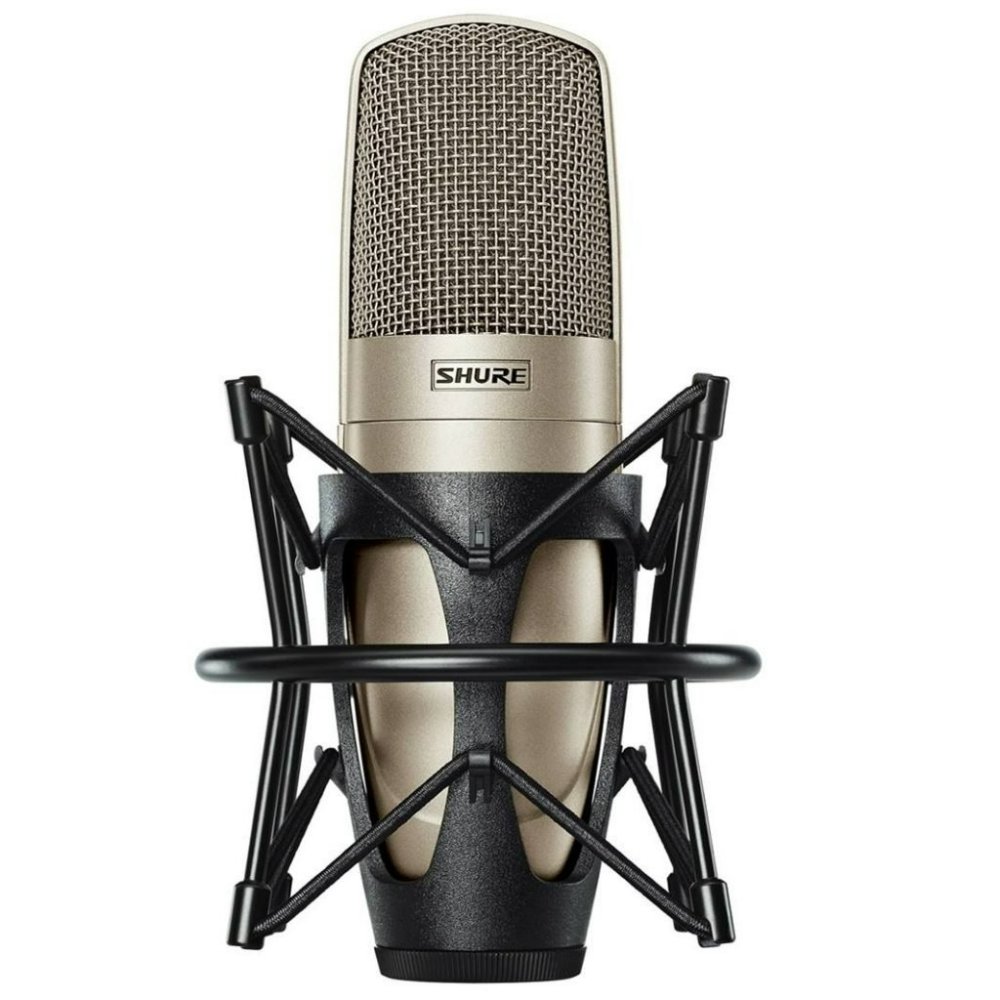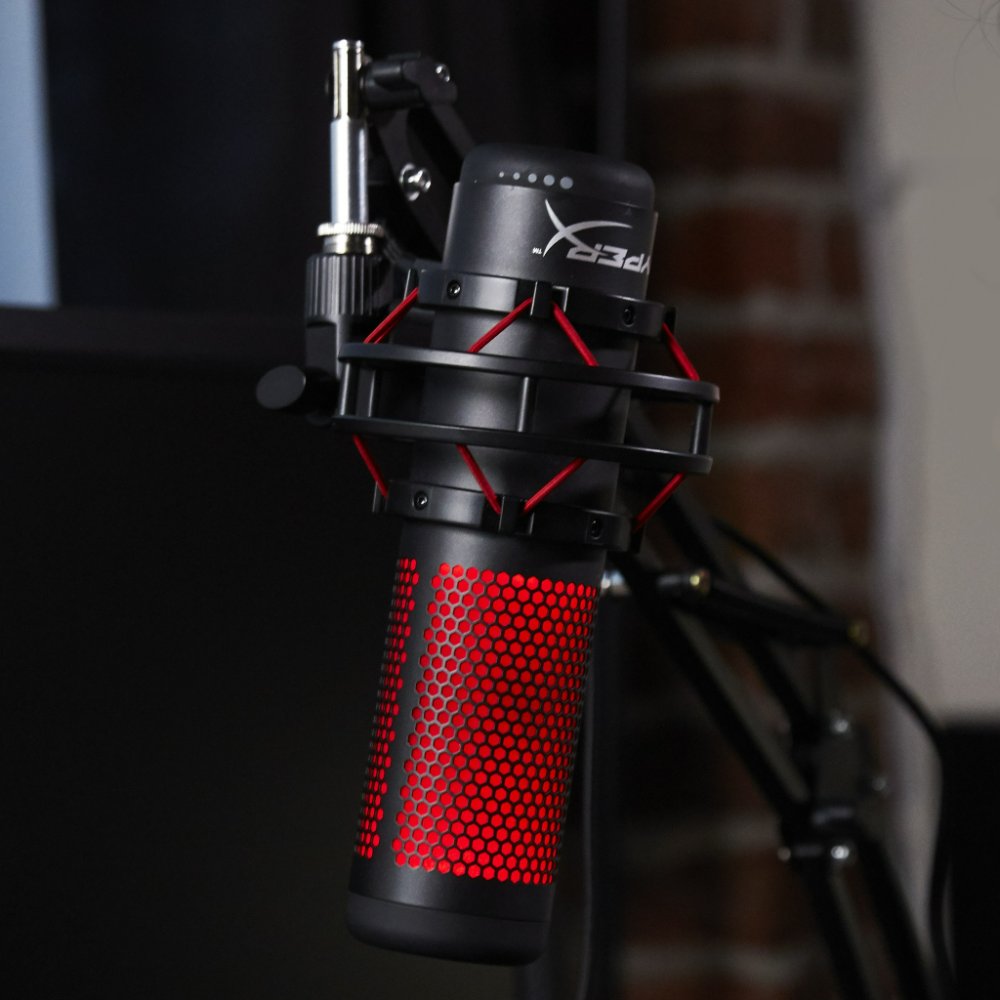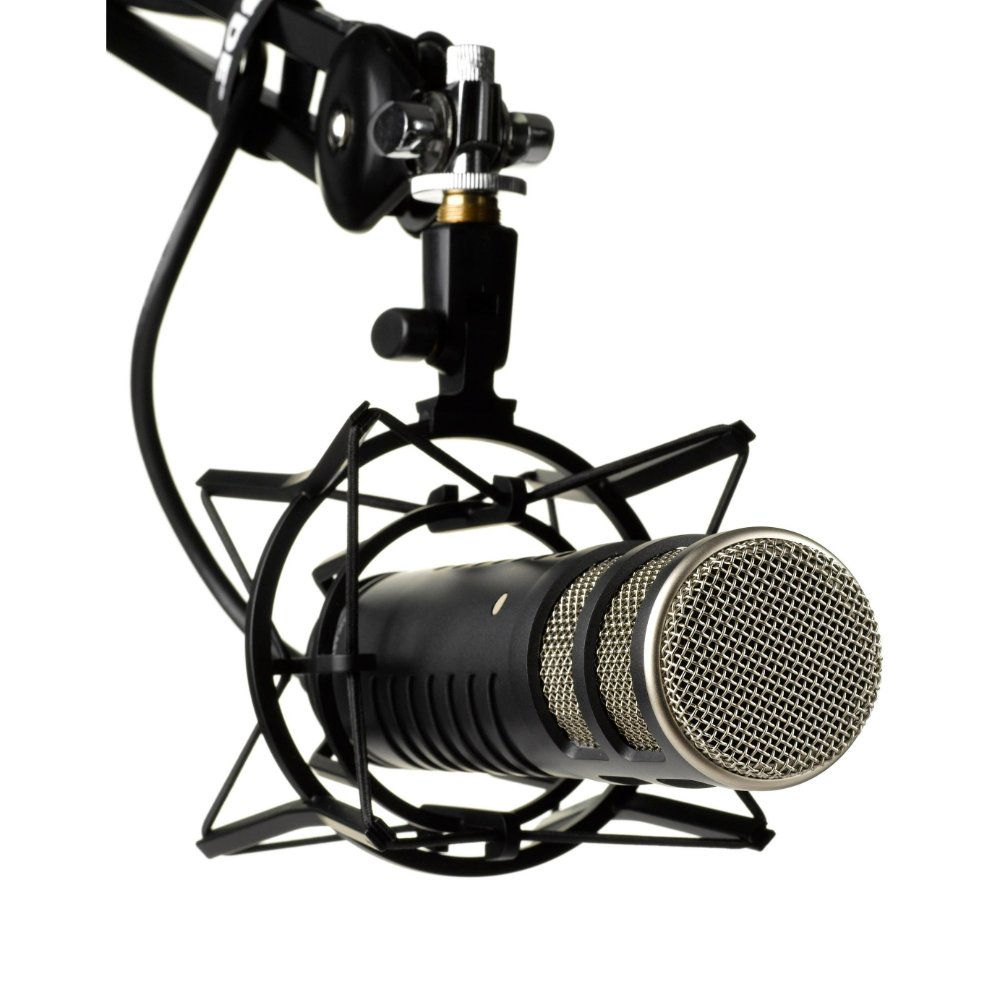Introduction
When you’re pursuing vocal excellence, the right microphone can make all the difference. Whether you’re a seasoned professional or a budding singer, choosing the best mic for vocals involves more than just picking a popular brand. It’s about understanding your unique needs, considering technical specifications, and aligning them with your vocal style and recording environment. This comprehensive guide explores the essential factors you need to consider making an informed decision.
Understand Different Types of Microphones
Choosing the best mic for vocals can be challenging. Different microphones capture sound in unique ways, affecting the quality and character of the recorded vocals. It’s crucial to understand the various types of microphones available and how they impact vocal performance.
Dynamic Microphones Explained
Dynamic microphones are rugged, durable, and handle high volumes well. They’re often chosen for live performances and louder environments. These mics generally produce a warm sound and are less sensitive to subtle nuances.
Condenser Microphones: Detail and Sensitivity
Condenser microphones capture a wide frequency range and intricate details, making them ideal for studio use. They are more sensitive than dynamic microphones and provide a clearer and more precise sound for vocals.
Tube Condenser Microphones: Warmth and Character
Tube condenser microphones add a warm, vintage quality to vocal recordings. They use vacuum tubes, which introduce subtle saturation and harmonics for a richer tone.
Ribbon Microphones: Smooth and Vintage Vibes
Ribbon microphones offer a natural and smooth sound, reminiscent of classic recordings. Their figure-eight pattern captures sound from the front and back, ideal for a vintage vibe in vocals.
Smartphone Microphones: Accessibility and Convenience
Smartphone microphones provide an accessible option for recording on the go. While not as high-quality as professional mics, they can be surprisingly effective in quiet settings for quick recordings or demos.

Considerations for Choosing the Right Microphone
Selecting the right microphone for your vocals requires attention to various factors. Not only should it fit your budget, but it should also compliment the unique characteristics of your voice and recording situation. Here are critical aspects to consider when shopping for your next vocal mic.
Understanding Frequency Response for Vocals
Good vocal mics capture the full range of human voices. Look for mics that provide a flat frequency response for natural sound. Some mics also boost certain frequencies to add brightness or warmth. Consider the character of your own voice and what kind of frequency response might best enhance it.
Polar Patterns and Room Acoustics
Polar patterns determine the direction from which a mic picks up sound. Cardioid mics, for example, capture sound mostly from the front, making them good for limiting room noise. Figure-eight mics pick up sound from the front and back, ideal for capturing reflections in a well-treated room. Assess your recording space to choose a mic with a polar pattern that reduces unwanted noise and echoes.
The Importance of Mic Durability and Build Quality
Especially if you’re frequently on the move or perform live, your mic must endure handling and travel. Solid construction and a reputation for durability mean the mic will serve you well for years to come. Even in studio settings, a well-built mic can better resist wear and ensure consistent performance.
Budgeting for Your Vocal Microphone
When investing in a mic, align your choice with your financial reality. Higher-priced mics often offer superior sound and features, but there are many affordable options that still deliver quality performance. Set a budget first, and then explore the best options within that range. Remember, an expensive mic doesn’t automatically mean it’s the best fit for your voice or style.
Top Vocal Microphones Reviewed
In the quest for the perfect vocal microphone, we have tested and analyzed a variety of options. Here, we share our top picks catering to different needs and budgets.
Shure SM7B: A Studio and Broadcasting Stalwart
A top choice for both studios and broadcasts, the Shure SM7B delivers rich, clear sound. Its robust construction and superior noise rejection make it a favorite among professionals. The mic highlights your vocals with natural accuracy.

RODE NT1: Vintage Sound on a Budget
The RODE NT1 brings a classic sound to your home studio without breaking the bank. Its clarity and warmth suit a wide range of vocal styles, earning it high marks for affordability and quality.
Audio Technica AT2020: Best for Tight Budgets
If spending less is key, the Audio Technica AT2020 stands out. This mic offers a surprising level of detail and clarity for its price, ideal for budding artists who want a quality start.
AKG C214: Versatility Meets Quality
The AKG C214 is a versatile powerhouse, excellent for diverse studio applications. Its bright sound profile and solid build quality make it suitable for both vocals and instruments.
Electro-Voice RE-20: Rap and Spoken Word Pro
The Electro-Voice RE-20 shines with spoken word and rap vocals. It tames the proximity effect and offers a controlled low-end, presenting your words with powerful presence.
Neumann TLM 103: Professional Standard
For an authentic studio experience, the Neumann TLM 103 offers unmatched clarity and precision. It’s a premium choice that captures every nuance of the human voice with finesse.
Shure SM58: Iconic Performance at an Affordable Price
An industry staple for live performance, the Shure SM58 brings reliability and warm sound quality to any setting. It’s rugged, doesn’t cost much, and is great for on-stage vocals.
Additional Features to Enhance Vocal Recording
While the core characteristics of a microphone are essential, there are additional features that can further enhance your vocal recordings. Understanding these can help you make a more informed decision when selecting a microphone.
Switchable Polar Patterns for Versatile Recording
Some microphones offer switchable polar patterns, a feature that provides flexibility in a variety of recording scenarios. Whether recording solo vocals or a group, being able to switch between cardioid, omnidirectional, or figure-eight patterns can greatly improve recording quality and adapt to your specific needs.
Attenuation and High-Pass Filters
The attenuation pads and high-pass filters are valuable tools for managing loud sounds and reducing low-frequency rumbles. Attenuation pads lower the mic sensitivity, making it better for loud sources. High-pass filters cut out low frequencies, which is useful in controlling the boominess that can occur with close-mic techniques.
Tube Mics and Saturation Characteristics
Tube microphones are known for their warm saturation and harmonics. These mics use vacuum tubes to add a pleasant, analog warmth to recordings, often sought after for their vintage sound. If smooth, saturated vocals are your goal, consider a tube mic with its unique sound characteristics.

Conclusion: Selecting the Perfect Vocal Microphone for Your Needs
Choosing the right microphone for your vocals is a journey worth taking, as the perfect match can take your recordings from good to exceptional. It boils down to understanding your needs, voice, and environment. Whether you opt for the versatility of the AKG C214, the warmth of a Rode NT1, or the clarity of a high-end Neumann TLM 103, your decision will shape your sound.
When shopping, remember a few key takeaways:
- Match the Mic to Your Voice: A mic that complements the natural tone of your voice is essential.
- Consider Your Recording Space: Pick a microphone with a polar pattern that reduces unwanted noise and echoes in your specific environment.
- Quality vs. Budget: Higher-priced mics often offer better sound, but affordable options like the Audio Technica AT2020 can also serve you well.
- Durability Matters: Mics that can withstand handling and travel without damage are a good investment.
By carefully considering these elements, you’ll find a vocal microphone that not only fits your budget but also elevates your music-making experience. Remember, practice and a well-chosen mic are the keys to capturing the true essence of your sound. Best of luck in finding your ideal vocal companion!
